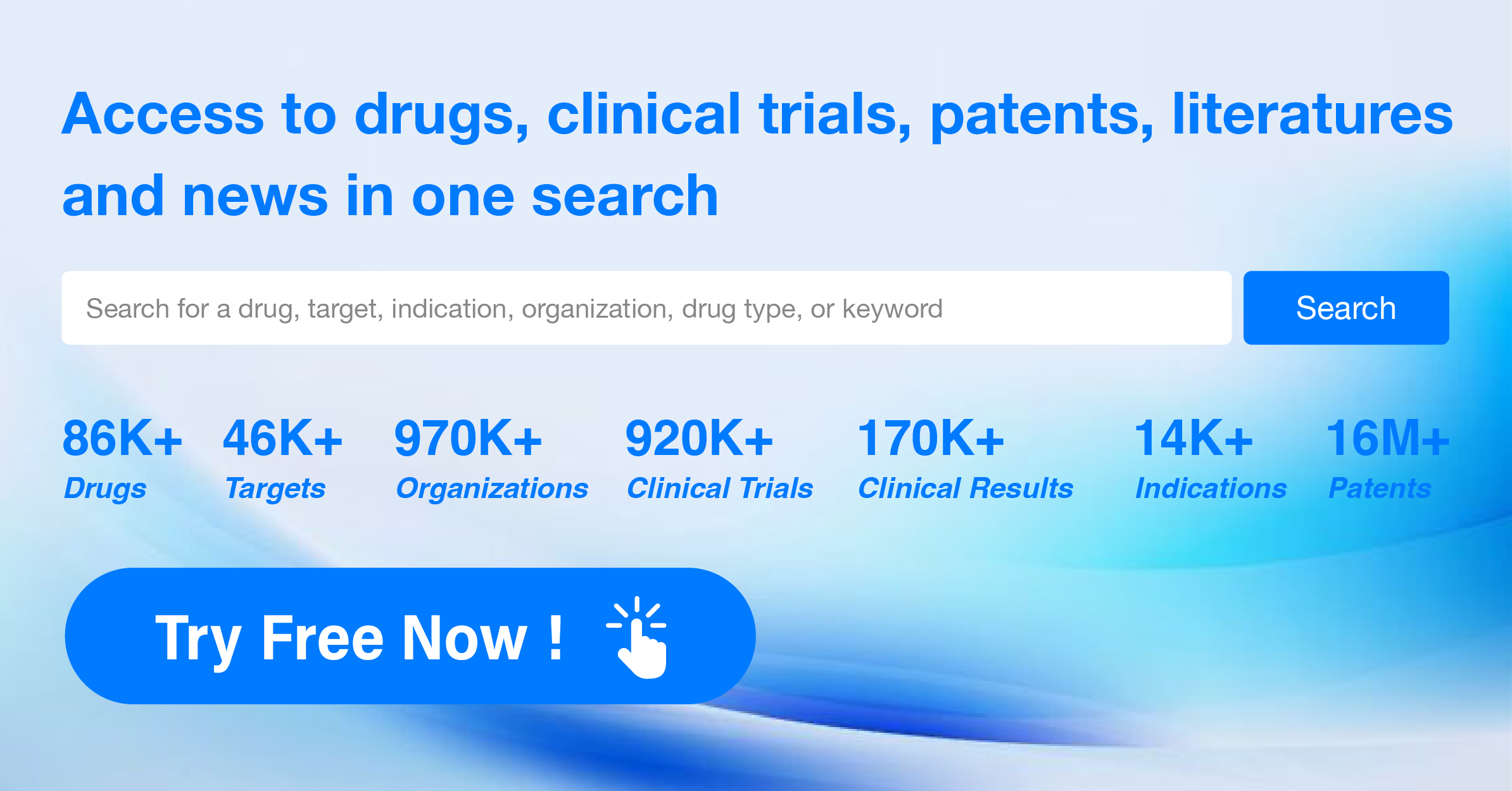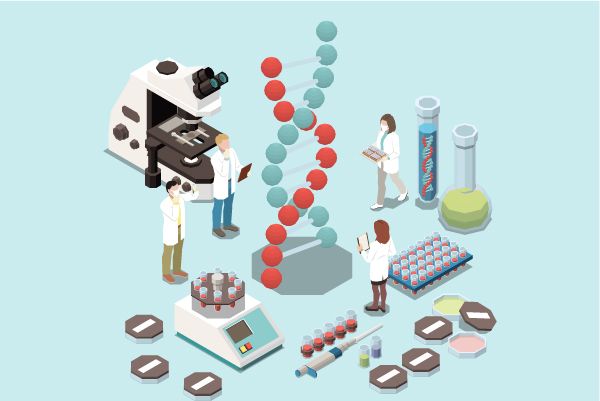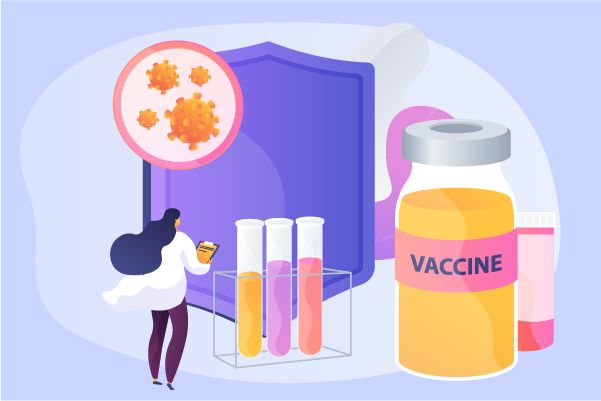Three-Year Data Shows Persistent Immune Response and Reduced Tumor Recurrence in Resected Pancreatic Cancer Patients Using mRNA Immunotherapy
The three-year outcomes from a Phase 1 study of a personalized mRNA cancer vaccine, autogene cevumeran (BNT122, RO7198457), have demonstrated sustained polyspecific T cell reactions and a reduction in tumor recurrence in patients who had undergone surgery for pancreatic ductal adenocarcinoma (PDAC). This vaccine is a product of a collaboration between BioNTech and Genentech, part of the Roche Group, and is the leading candidate in BioNTech's mRNA-based individualized cancer vaccine platform, iNeST.
Currently, a Phase 2 randomized clinical trial is recruiting participants with PDAC in the United States, with plans to expand globally. PDAC has a high unmet medical need, with a 5-year survival rate of only 8-10% and a high recurrence rate of nearly 80% post-surgery, alongside limited treatment options. The Phase 1 study showed that in half of the patients, the vaccine induced an immune response that lasted up to three years, with the presence of T cells correlating with a longer median recurrence-free survival among those who responded to the vaccine.
Prof. Özlem Türeci, M.D., Co-Founder and Chief Medical Officer at BioNTech, highlighted the potential of the mRNA cancer vaccine approach and the technology's ability to activate cytotoxic T cells that could help eliminate residual tumor cells and delay or prevent recurrence. The ongoing Phase 2 trial aims to validate these findings in a larger patient group and compare the vaccine's benefits with the current standard of care in post-surgical PDAC treatment. The study's results were presented at the AACR Annual Meeting 2024, showing that autogene cevumeran triggered a high-magnitude T cell response in 8 out of 16 patients, with 98% of these T cells being newly generated and not previously detected. Over 80% of these T cells were still present three years after treatment, and patients with this immune response showed an extended median recurrence-free survival.
Additionally, 75% of patients who mounted an immune response remained disease-free after three years, contrasting with 87.5% of non-responders who experienced tumor recurrence. The Phase 1 trial assessed the safety of autogene cevumeran in combination with atezolizumab, an anti-PD-L1 immune checkpoint inhibitor, and standard chemotherapy in 16 PDAC patients. The data update from the 1.5-year median follow-up, previously published in Nature in May 2023, now includes a three-year median follow-up.
The AACR presentation was made by Dr. Vinod Balachandran, the principal investigator of the study and a surgeon-scientist at Memorial Sloan Kettering Cancer Center. An open-label, multicenter, randomized Phase 2 trial, initiated in October 2023 and sponsored by Genentech in collaboration with BioNTech (NCT05968326), is assessing the efficacy and safety of adjuvant autogene cevumeran alongside atezolizumab and chemotherapy compared to the standard chemotherapy regimen (mFOLFIRINOX) for PDAC patients. The vaccine is also being evaluated in other Phase 2 trials for melanoma and colorectal cancer.
PDAC is a leading cause of cancer-related deaths in the U.S., with a high mortality rate and a 5-year survival rate of only about 20% for patients who undergo surgery followed by adjuvant chemotherapy. The iNeST therapies are patient-specific cancer treatments that utilize mRNA encoding up to 20 neoantigens identified through advanced sequencing and bioinformatics. These neoantigens are cancer cell-produced proteins that differ from those of healthy cells and are targeted by the immune system.
BioNTech has developed a manufacturing process for these vaccines, and autogene cevumeran is under evaluation for several solid tumor types. BioNTech is a global company specializing in next-generation immunotherapy for cancer and other severe diseases, with a diverse pipeline that includes mRNA-based therapies and CAR T cells. The company has partnerships with multiple pharmaceutical collaborators and is also developing mRNA vaccine candidates for various infectious diseases.
How to obtain the latest research advancements in the field of biopharmaceuticals?
In the Synapse database, you can keep abreast of the latest research and development advances in drugs, targets, indications, organizations, etc., anywhere and anytime, on a daily or weekly basis. Click on the image below to embark on a brand new journey of drug discovery!




